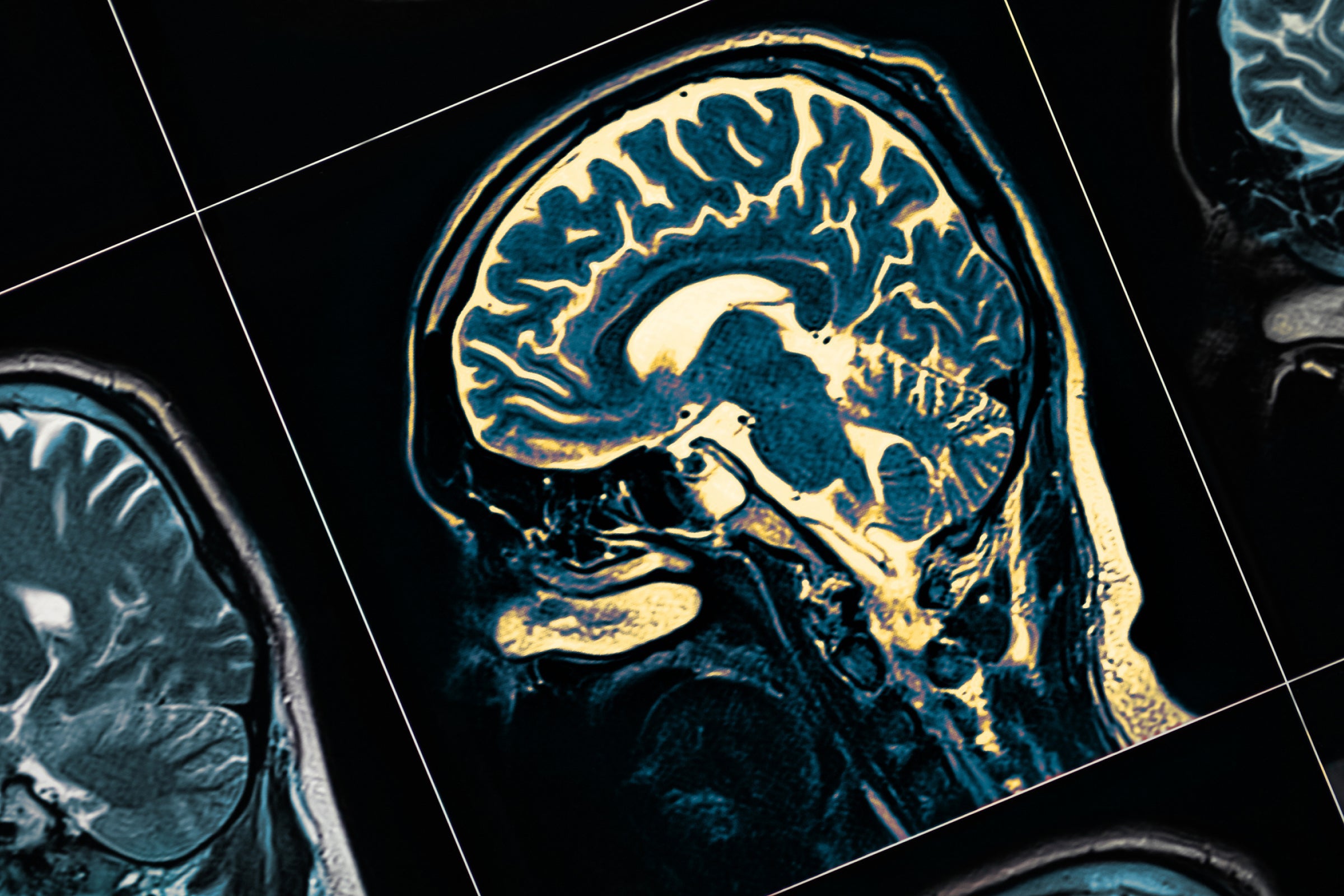
Combined Metabolic Activators (CMAs) Improves Cognitive Functions in Alzheimer’s Disease
Results of a new phase 2 clinical study assessing whether administration of a mixture of Combined Metabolic Activators (CMAs) including NAD+ precursor nicotinamide riboside (NR) could treat Alzheimer’s Disease patients, are now available on the open access preprint publication server medRxiv.org.
Why You Should Care
Alzheimer’s Disease (AD), a neurodegenerative disease characterized by impaired memory and cognitive decline, affects more than 44 million people worldwide [1, 2]. The disease not only causes tremendous human suffering, but also puts an enormous strain on the healthcare system, families, and federal budget. In 2018, the Alzheimer’s Association reported that AD costs the U.S. $277 billion annually [3]. There’s currently no cure for AD, only treatments that help reduce the symptoms temporarily [4]. In an effort to develop a new potential strategy for AD treatment, the authors of this study set out to investigate whether supplementation of combined metabolic activators (CMAs) consisting of L-carnitine tartrate, NAD+ precursor nicotinamide riboside (NR), serine, and N-acetyl-L-cysteine (NAC), could be used to treat AD patients [5].
Results Demonstrated Improved Cognitive Function and Markers of Liver and Kidney Health
The study, conducted at Alanya Alaaddin Keykubat University Hospital and Medipol University Hospital in Turkey, included three major components: an analysis of brain transcriptomics data of more than 600 AD patients to identify metabolic dysregulations in the brain, a rat model of AD to explore the effect of the CMAs on improving biological functions in AD, and a randomized, double-blinded, placebo-controlled human phase II clinical study to investigate whether the CMAs could be used to treat AD patients [5].
It was found that CMAs safely and significantly improved cognitive function and serum markers related to AD in patients with moderate-to-severe AD. CMAs also significantly improved levels of ALT (marker of liver damage), total cholesterol, and uric acid (marker of kidney function). In addition, analysis of the brain transcriptomics data of 629 AD patients, as well as 704 controls showed there may be changes in glycolysis, the urea cycle, and fatty acid biogenesis in AD patients compared to controls. They also found evidence to support the role of mitochondrial dysfunction in AD development [5].
The Future of Research on Alzheimer’s Disease Treatment
This is the first study to investigate the effects of CMA supplementation in AD patients. The positive results from the study suggest CMAs may be an effective therapeutic strategy for AD. However, further studies are needed to build on and validate these initial findings.
Other relevant studies that also used CMAs
Footnote
The study used nicotinamide riboside (NR) from ChromaDex.
References
Dumurgier, J. and S. Sabia, [Epidemiology of Alzheimer's disease: latest trends]. Rev Prat, 2020. 70(2): p. 149-151. https://pubmed.ncbi.nlm.nih.gov/32877124/
Perez Ortiz, J.M. and R.H. Swerdlow, Mitochondrial dysfunction in Alzheimer's disease: Role in pathogenesis and novel therapeutic opportunities. British journal of pharmacology, 2019. 176(18): p. 3489-3507. https://pubmed.ncbi.nlm.nih.gov/30675901/
New Alzheimer's Association Report Reveals Sharp Increases in Alzheimer's Prevalence, Deaths, Cost of Care. (2018). Alzheimer’s Association. Retrieved July 28, 2021, from https://www.alz.org/news/2018/new_alzheimer_s_association_report_reveals_sharp_i
Treatment: Alzheimer’s Disease. (2021). NHS. Retrieved July 28, 2021, from https://www.nhs.uk/conditions/alzheimers-disease/treatment/
Yulug, B., Et al., Combined Metabolic Activators Improves Cognitive Functions In Alzheimer’s Disease. MedRxiv. DOI: https://www.medrxiv.org/content/10.1101/2021.07.14.21260511v1